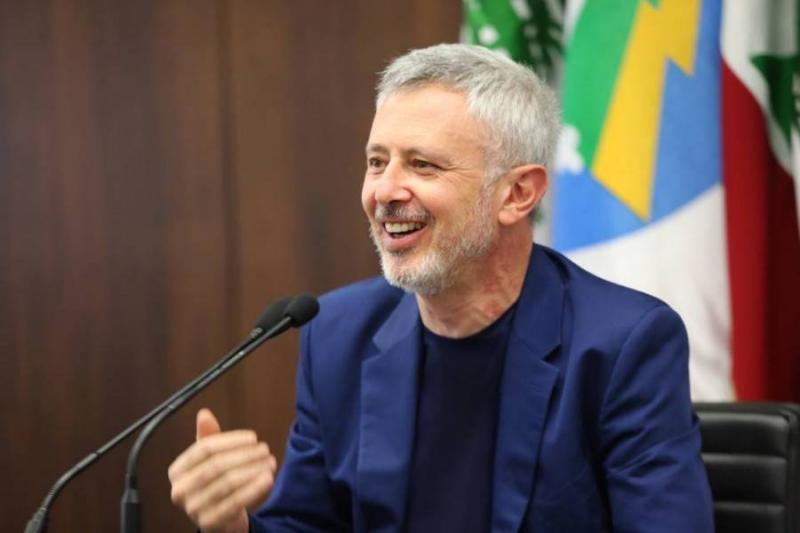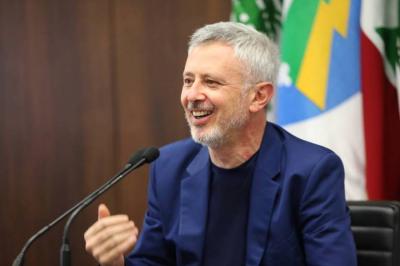The participation of Lebanon's Marada Movement leader, Suleiman Frangieh, in the 33rd anniversary conference of the National Accord Document at UNESCO earlier this month, where he stood alongside top Lebanese officials, is not an isolated step in the rapprochement between the northern leader and Saudi Arabia. The sole presidential candidate of the March 8 coalition, although he has not yet announced his candidacy and Hezbollah, the leader of the resisting axis, has not started his true campaign to open the doors of Baabda Palace for him, is actively engaged in various local and international directions, seeking to achieve this goal, with the party behind him. If it becomes evident that his chances of reaching the presidency are slim, the coalition will move on to an alternative candidate, who has not yet been proposed.
Political sources within the mentioned coalition revealed to "Al-Markaziya" that Frangieh, as part of his presidential campaign, is holding meetings with French and Saudi officials, presenting his program and vision for the upcoming phase, hoping to secure external consensus on him. They emphasize that without this, no settlement can lead him to Baabda, confirming that he has held several sessions with Saudi Ambassador Walid Bukhari, indicating that the kingdom is relying on pragmatism at this stage and realizes that it cannot impose a president. Meanwhile, France has communicated to concerned parties that it has no issues with Frangieh, but he requires Saudi approval first.
According to sources from the March 8 coalition, after this stage, when external conditions mature, serious negotiations will begin with the orchestrating leader of the axis, Hezbollah, as no one can dream of electing a president without its approval. If a settlement is reached allowing Suleiman Frangieh to assume the presidency, that would be one possibility—though unlikely, it is not impossible. Otherwise, a president whose identity remains undisclosed beyond current discussions would take office.
Regarding the army commander whose name is currently being heavily considered, there is no veto from Hezbollah against him, but the party does not favor his leadership of the country unless it is part of an external settlement and a clear agreement with him. The main obstacle to his ascent is noted to be his close relationship with the United States, particularly concerning military assistance. It is recalled that when Yakoub Sarraf was Minister of Defense, the then-U.S. ambassador offered approximately $42 million to the army, which he transferred to the Prime Minister for formal approval, and this was the process followed. The criticism from Hezbollah's Secretary-General, Hassan Nasrallah, regarding the commander some time ago was intentional, as he weighs every word he speaks with care, and those involved should take heed and understand.
The sources conclude by stating that everyone else must be convinced that serious discussions about the presidential file with the party continue, regardless of how much they try, propose, or mobilize. Currently, circumstances are not favorable for elections, and once conditions mature, the blank ballots in the election session will disappear, opening the doors for consultations with allies. The president who satisfies Hezbollah will emerge, even if he does not have the backing of the scattered opposition, which is incapable of reaching a consensus; the votes necessary to elect him will be secured... and tomorrow will reveal much.




